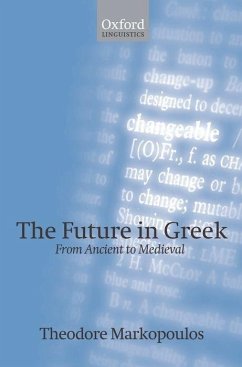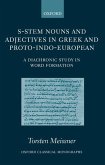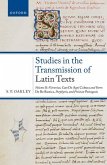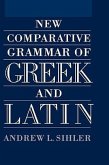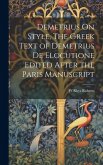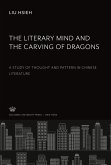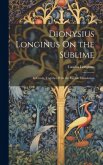The future has exercised students of Modern Greek language developments for many years, and no satisfactory set of arguments for the development of the modern form from the ancient usages has ever been produced. Theodore Markopoulos elucidates the stages that led up to the appearance of the modern future in the fifteenth and sixteenth centuries. He does so by focussing on the three main modes of future referencing ('mello', 'echo', and 'thelo'). He discusses these patterns in the classical and Hellenistic-Roman periods, the early medieval period (fifth to tenth centuries), and the late medieval period (eleventh to fifteenth centuries). The argument is supported by reference to a large and representative corpus of texts (all translated into English) from which the author draws many examples. In his conclusion Dr Markopoulos considers the implications of his findings and methodology for syntactic and semantic history of Greek.
Hinweis: Dieser Artikel kann nur an eine deutsche Lieferadresse ausgeliefert werden.
Hinweis: Dieser Artikel kann nur an eine deutsche Lieferadresse ausgeliefert werden.

